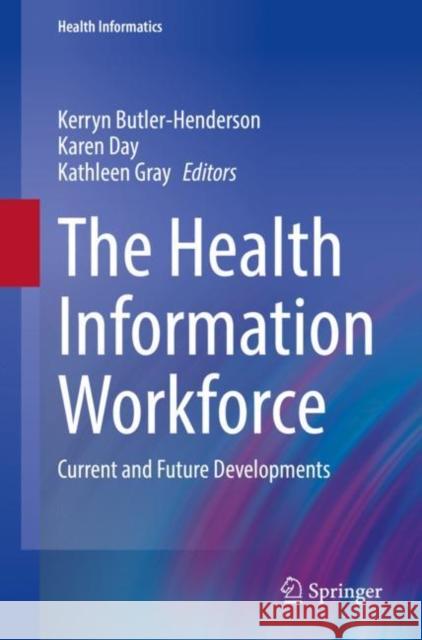The Health Information Workforce: Current and Future Developments » książka
topmenu
The Health Information Workforce: Current and Future Developments
ISBN-13: 9783030818494 / Angielski / Twarda / 2021 / 394 str.
The Health Information Workforce: Current and Future Developments
ISBN-13: 9783030818494 / Angielski / Twarda / 2021 / 394 str.
cena 322,01
(netto: 306,68 VAT: 5%)
Najniższa cena z 30 dni: 308,41
(netto: 306,68 VAT: 5%)
Najniższa cena z 30 dni: 308,41
Termin realizacji zamówienia:
ok. 16-18 dni roboczych.
ok. 16-18 dni roboczych.
Darmowa dostawa!
Kategorie BISAC:
Wydawca:
Springer
Seria wydawnicza:
Język:
Angielski
ISBN-13:
9783030818494
Rok wydania:
2021
Wydanie:
2021
Numer serii:
000037529
Ilość stron:
394
Waga:
0.77 kg
Wymiary:
24.13 x 21.59 x 2.29
Oprawa:
Twarda
Wolumenów:
01











